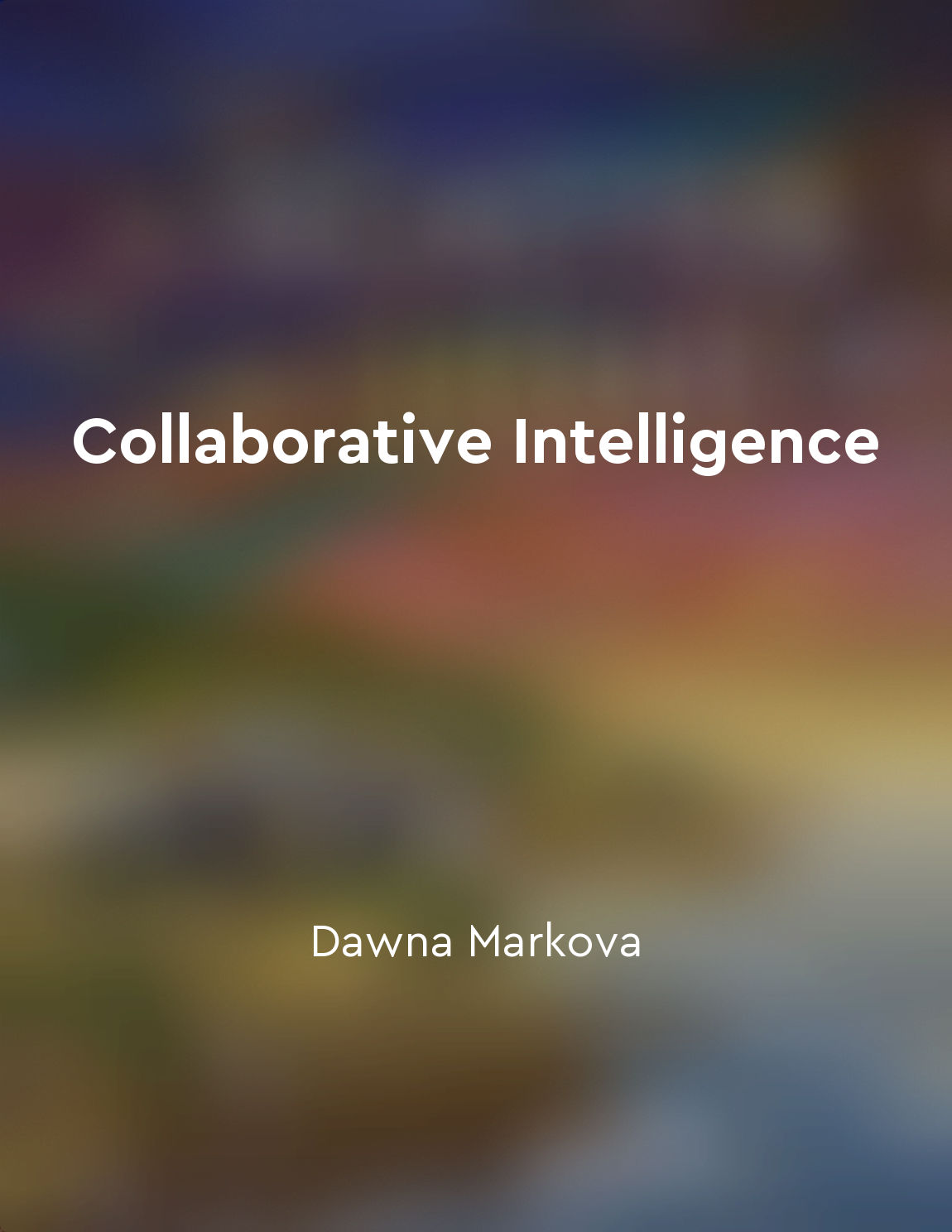Audio available in app
Handle disagreements with respect and diplomacy from "summary" of Crucial Conversations by Kerry Patterson,Joseph Grenny,Ron McMillan,Al Switzler
When faced with disagreements, it is crucial to approach them with respect and diplomacy. This means keeping your emotions in check and focusing on addressing the issue at hand in a constructive manner. By maintaining a respectful tone and choosing your words carefully, you can prevent the conversation from escalating into a heated argument. One way to handle disagreements with respect and diplomacy is to practice active listening. This involves truly listening to the other person's perspective without interrupting or becoming defensive. By showing that you value their input and are willing to consider their point of view, you can foster a more open and productive dialogue. In addition to active listening, it is important to use "I" statements when expressing your own thoughts and feelings. By taking ownership of your emotions and opinions, you can avoid placing blame on the other person and keep the conversation focused on finding a solution together. This approach can help prevent the other person from feeling attacked and more willing to engage in a constructive discussion. Another key aspect of handling disagreements with respect and diplomacy is to seek common ground. By highlighting areas of agreement or shared goals, you can build rapport and create a sense of collaboration. This can help shift the focus from differences to areas of mutual interest, making it easier to find a resolution that satisfies both parties.- Approaching disagreements with respect and diplomacy requires a willingness to engage in open and honest communication. By staying calm, listening actively, using "I" statements, and seeking common ground, you can navigate difficult conversations with grace and tact. This approach can help build trust and strengthen relationships, even in the face of disagreement.
Similar Posts
Make them feel like the most important person in your life
The key to making someone obsessed with you is to make them feel like they are the most important person in your life. This is ...
Silence can speak volumes
In the midst of a conversation, there are moments when words seem to falter and retreat, leaving behind a heavy silence that ha...
Understand the root cause of conflict
Understanding the root cause of conflict is crucial in resolving disputes effectively. Conflict often arises due to underlying ...
Empathy is the cornerstone of peacebuilding
At the heart of peacebuilding lies the ability to empathize with others. This fundamental principle is not merely a nice sentim...

Continuous improvement is the key to sustained success in collaborative efforts
Collaborative efforts are complex and dynamic, requiring a constant commitment to growth and improvement. In order to achieve s...
Shift your focus from blame to contribution
When faced with a difficult conversation, it is common for individuals to get caught up in assigning blame. However, this focus...
Conflict can be resolved through communication
Conflicts are inevitable in any human relationship. They can arise from differences in opinions, values, or interests. However,...
Use humor and humility to diffuse tension and lighten the mood
When tensions run high during crucial conversations, it can be beneficial to use humor and humility to lighten the mood and dif...
Stay focused on mutual purpose during crucial conversations
When engaging in crucial conversations, it is essential to keep your attention on the mutual purpose that you share with the ot...
Asking openended questions facilitates deeper discussions
Open-ended questions are a powerful tool in the art of conversation. By posing questions that require more than a simple yes or...

